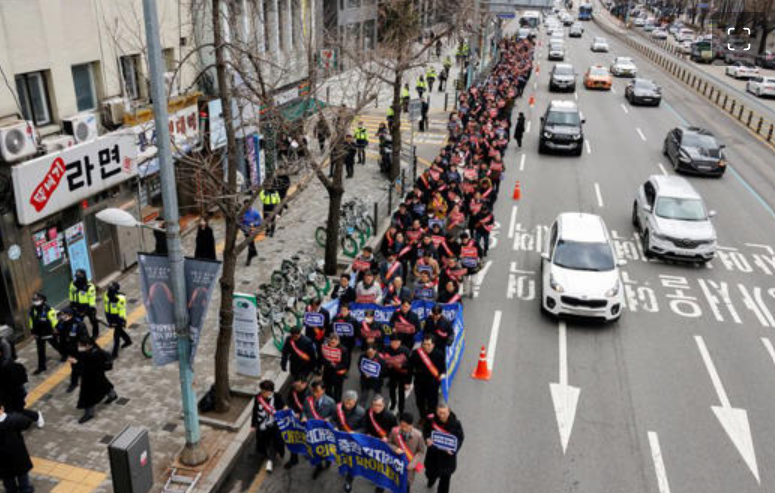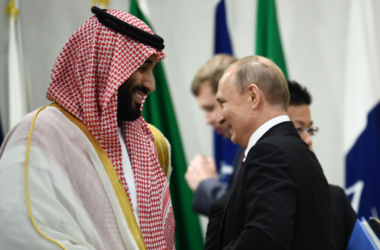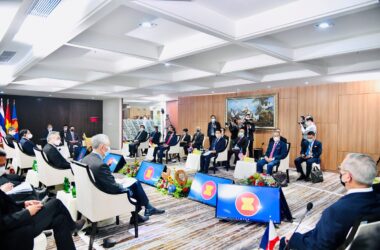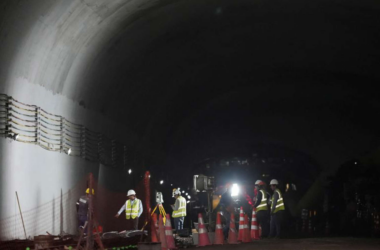Amid a week-long protest by young doctors in South Korea, the government issued an ultimatum on Monday, directing them to return to work by the end of February or face severe consequences for disrupting essential medical services.
The protest, which saw two-thirds of the nation’s residents and intern doctors walking off the job, was triggered by the government’s proposal to increase medical school admissions. This initiative aims to address a projected shortage of doctors in one of the world’s fastest aging societies.
The impact of the protest has been significant, leading to disruptions in services at several major hospitals across the country. Patients have faced difficulties accessing care, with hospitals forced to turn away individuals and cancel vital procedures.
Speaking at a task-force meeting, Safety Minister Lee Sang-min emphasized the urgency of the situation, highlighting the mounting chaos in hospitals and the perilous state of emergency services. Minister Lee issued a final plea to protesting doctors, urging them to prioritize patient care and return to their duties by February 29.
The government has warned of potential legal repercussions for doctors who fail to comply with the back-to-work order, including prosecution, arrest, and the revocation of their medical licenses. Vice Health Minister Park Min-soo reiterated the consequences, stating that those who remain absent after March 1 could face a minimum three-month suspension of their medical licenses, among other legal actions.
While senior doctors and private practitioners have not joined the walkout, they have voiced support for the protesting doctors’ concerns regarding pay and working conditions. Many have also rallied against the government’s plan to increase medical school quotas.
Despite opposition from some medical professionals, the government’s proposal has garnered significant public support, as indicated by recent opinion polls. President Yoon Suk Yeol, who has championed the plan, has seen a boost in his approval ratings, with a majority of respondents approving of the initiative.
In response to criticisms, the government has outlined additional measures to improve medical services, including incentives for doctors to practice in essential disciplines and underserved regions. However, some doctors allege that the government’s motives are politically driven, aimed at gaining support ahead of the upcoming general election in April.
The escalating standoff between the government and protesting doctors underscores the urgent need for a resolution to ensure the continued delivery of quality healthcare services to the population. As the deadline approaches, stakeholders are closely monitoring developments and hoping for a swift and amicable resolution to the ongoing healthcare crisis.








